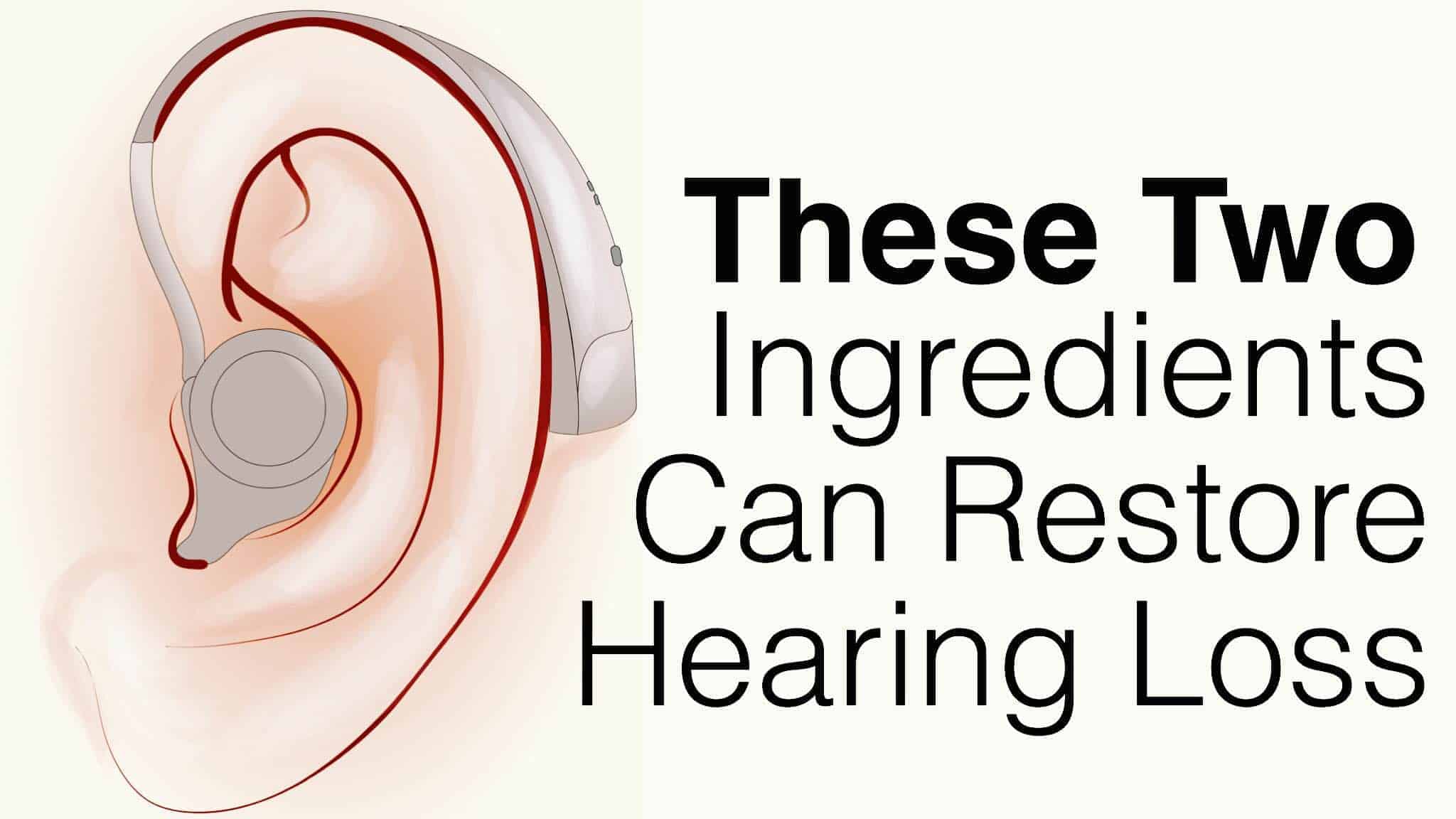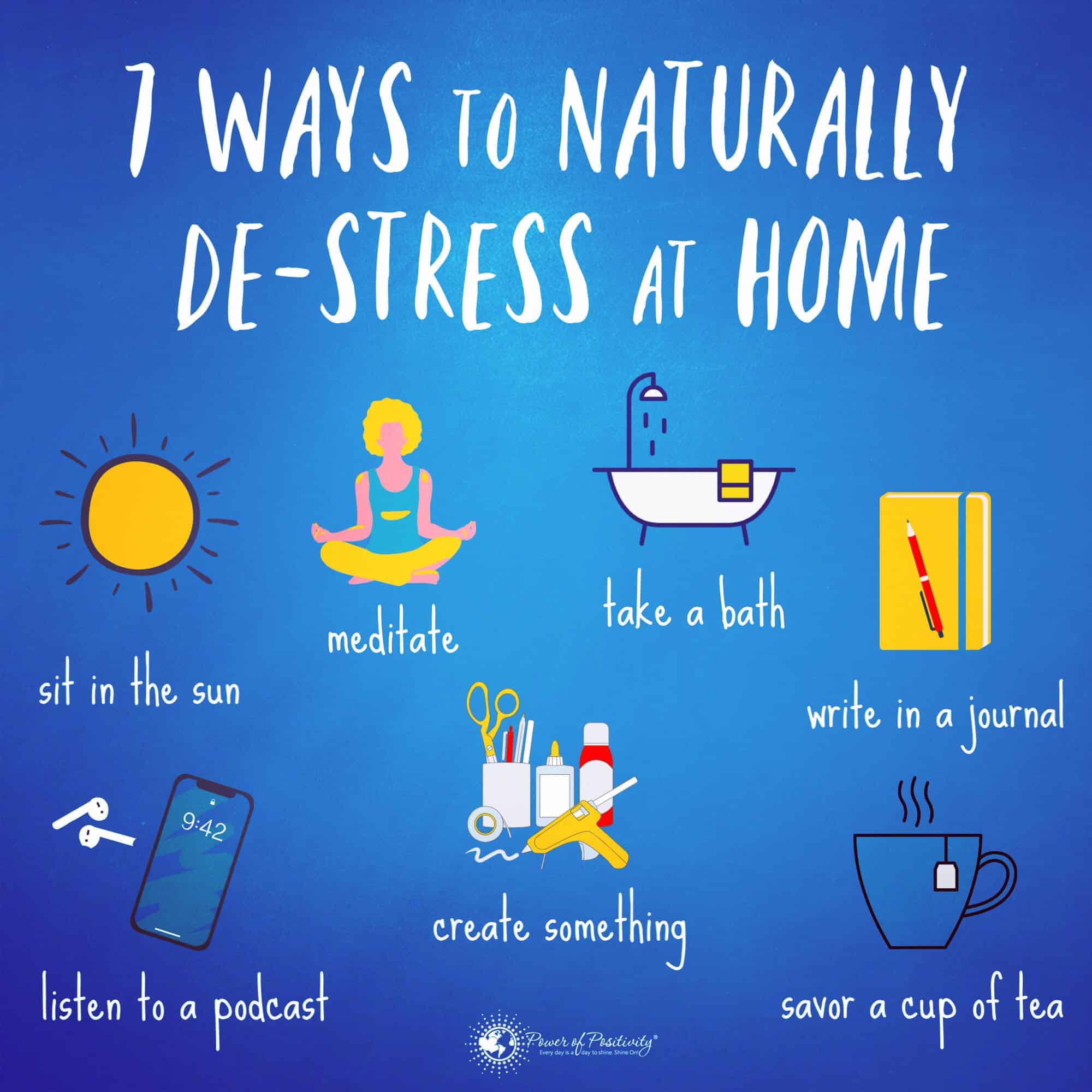The number of individuals with some hearing loss is astonishing. Consider these stats:
- About 15 percent of American adults – or 37.5 million – aged 18 and over report some type of trouble hearing.
- About 9 percent of adults aged 55 to 64 have disabling hearing loss. Nearly 25 percent aged 65 to 74 do, and approximately half of those aged 75 and older are diagnosed with disabling hearing loss.
There are plenty of reasons why hearing loss numbers are so high. The NIDCD reports noise exposure as the number one reason, and the aging of the population is a close second. One prominent health official says: “It’s a very, very sad situation, especially since hearing loss is underestimated, misunderstood, and generally ignored as a real problem.” Indeed.
After all, losing the ability to hear often results in unfortunate circumstances aside from losing one’s hearing. According to the Better Hearing Institute, those with impaired hearing can become isolated and depressed. Hearing loss also connects to cognitive defects, which can seriously affect one’s personal and professional life.
An Alarming Trend in Hearing Loss
A among adults aged 70 and older with hearing loss who may benefit from hearing aids, less than 30 percent have ever used them. Just 16 percent of adults aged 20 to 69 that may benefit from a hearing device have ever used one. Why? Costs, most likely. Medicare, the federal health insurance program for those above age 65, doesn’t cover any costs associated with hearing aid exams, fittings, or devices.
The costs of hearing aids are indeed prohibitive to many – ranging from $1,000 to $3,500 per ear – and many individuals with hearing problems end up having to get one device for each ear. Further, hearing aids aren’t designed to last a very long time. In most cases, these devices need to be replaced every few years.
These Two Ingredients Can Restore Hearing Loss
Before we delve into the potential hearing benefits of a simple recipe, it is crucial to understand that this is not designed as a “cure-all.” In other words, while this recipe may indeed be helpful for many, it may still be necessary to consult with a medical professional. This is particularly true in the case of progressive hearing loss.
So what is it?
Garlic and onion juice. That’s it.
Why garlic and onion juice?
Onion is considered a potent natural remedy for those suffering from hearing loss. Mechanistically, some believe that an onion’s antioxidant properties can aid with ear trauma sustained from blasts and air pressure changes.
In one study, researchers discovered that individuals who had sustained cochlear damage and hearing loss from exposure to a blast recovered quicker when consuming an onion/water combination.
Many people that suffer from hearing loss swear by the inclusion of garlic in their diets. This insight is less than surprising when considering the plethora of garlic’s health benefits. Consider that garlic can achieve these outcomes: suppress colds, reduce blood pressure, lower cholesterol levels, prevent cognitive defects, and even extend one’s life!
Hearing-wise, it is believed that garlic may help combat hearing loss by increasing blood flow and restoring health to the cochlea – the sensory organ responsible for converting sound into nerve impulses. A healthy cochlea is necessary for transmitting sound impulses to the brain for conversion.
Recipe to Help Hearing Loss
This garlic and onion juice recipe is quick and straightforward. Here’s what’s needed:
- A few garlic cloves
- A tablespoon of olive oil
- 15 ml of onion juice
- A dropper
- Gauze or cotton balls
Directions:
- Pour the olive oil into a cup
- Squeeze the juice from each garlic clove into the cup
- Mix in onion juice
- Using the dropper, place about three or four drops into each ear
- Cover each ear with gauze or a cotton ball
BONUS (simple!) recipe:
Mix thirty ml of onion juice and thirty ml of garlic juice and drink the concoction once daily.
14 Things That Cause Hearing Loss
Do you often need to ask people to repeat what they’ve said because you can’t hear them? Maybe you’re plagued by a chronic ringing in your ears called tinnitus. Here are 14 everyday things that can risk your hearing.
1. Chronic Loud Noise at Work
If you work in construction, manufacturing, or farming, you know that loud noise from machines and vehicles is inevitable. Chronic exposure to this occupational noise can cause auditory nerve damage and hearing loss. An article published by the University of Rochester states that wearing earplugs or headphones can protect your hearing.
2. Recreational Noise
Your job isn’t the only place that has ear-splitting noise. Some of your favorite recreational activities and hobbies may also be hazardous to your hearing. These include motor vehicle sports and any hobbies that use loud machinery.
Do you like to crank up the volume of your music? Maybe you’ve been to music concerts where the speakers made the ground rumble. Such blasts can cause temporary or even permanent hearing loss.
3. Heredity
Have you often blamed your genes for characteristics you don’t like about yourself? The argument may work on body shape and predisposition to certain medical conditions. If you have issues with your hearing, it may be hereditary, explains an article published by the CDC.
It’s most likely the case if one or more of your family members have the same hearing problems. In 70 percent of cases, such genetic mutations don’t include other symptoms. It affects the genes responsible for developing your cochlea, a significant component of hearing.
4. Certain Prescription Medications
Like most people, you’re probably tired of seeing those perpetual pharmaceutical ads in the media. The list of possible side effects can seem intimidating, especially if you take the medication. You’ll hear about every possibility, from dry mouth to cancer and even possible death.
You may not be aware that some medications may adversely affect your hearing. They can potentially cause temporary ringing in your ears, called tinnitus. Or some prescriptions put you at risk for permanent hearing loss.
Remember that medications affect people differently, and side effects can vary. Common drugs that may cause hearing issues include certain chemotherapies, diuretics, and high doses of pain relievers. Talk to your pharmacist about your medications and potential hearing risks.
5. Aging
One of the downfalls of enjoying a long, fulfilling life is the effects of aging. You may still feel like a teenager in your mind, but your body and the mirror tell you differently. You notice more aches and pains, and everyday tasks become more of a challenge.
Your hearing is also affected as you get older. The structures inside your inner ear wear down with time, and you don’t hear as well. According to an article published by the National Library of Medicine, 25 percent of seniors 65 to74 experience this condition.
6. Specific Illnesses
Some illnesses and diseases are notorious for causing dangerously high fevers. These temperatures can damage the cochlea, resulting in a loss of hearing. These conditions may include infections, meningitis, influenza, and blood clots.
In the past, scarlet fever was a leading cause of childhood blindness and deafness in people such as Helen Keller. Fortunately, today’s medications have reduced scarlet fever cases. Still, these other conditions have the potential to damage your hearing.
7. Sudden Loud Noise
There’s a good reason people wear protective earphones when practicing on a firing range. Sudden blasts of loud noises from a firearm or fireworks can lead to immediate ear damage. While some loss of hearing may be short-term, it can often last a lifetime.
8. Diabetes
Both Type 1 and Type 2 diabetes can lead to debilitating damage to your body, including your hearing. According to an article published by the American Diabetes Association, 34.5 million out of 37 million diabetics have hearing issues. According to the report, pre-diabetics are 30 percent more likely to have hearing problems than regular blood sugar.
9. Chronic Sleep Deprivation
You already know that not getting enough sleep can make you feel like a zombie. The following day, your brain is in a fog that will only lift after the first cup of coffee. But did you also realize that chronic sleep deprivation can affect your ears?
If you don’t get enough shuteye, you’re more likely to experience tinnitus. While it’s usually temporary, it can cause your anxiety to overdrive. The more chronic the condition becomes, the more likely it can permanently affect your hearing.
10. Smoking
The same toxic tobacco smoke that damages your lungs can damage your ear canals. Over time, nicotine can interfere with the nerves that transmit sound to your brain, which results in hearing loss.
11. Stress
Your body responds to stress by dumping hormones like adrenaline and cortisone into your bloodstream. It gives you the temporary strength boost to preserve your life when threatened. However, chronic stress can wreak havoc on you physically, mentally, and spiritually.
It can lead to high blood pressure, which is known to cause damage to auditory blood vessels. You can experience that annoying ringing in your ears or permanent hearing loss. Finding healthy ways to reduce your stress can help save your hearing.
12. Poor Eating Habits
Your body needs vitamins, minerals, and other food nutrients for optimal health. If your diet is lacking, it can affect your blood circulation throughout your body, including your ears. Consuming too much fat, sugar, and processed junk food can also be detrimental to auditory health.
13. Allergies
Do you have allergies that affect your activities for daily living? You may notice that when you have congestion, sneezing, and coughing, it affects your ears. Allergies can lead to serious sinus infections that cause hearing problems if left untreated.
14. Extreme Exercising
Trying to protect your ears is not an excuse to avoid exercise. Your body needs moderate exercise to stay healthy. However, extreme physical activity can cause more harm than good.
Prolonged and strenuous exercise can put harmful pressure on your inner ears. While it usually results in temporary tinnitus, it has the potential for more lasting auditory damage. You may be even more at risk if you’re blasting high decibel music while working out.

Final Thoughts on Hearing Loss
Could you imagine going through life without the blessing of hearing? While some hearing loss risks are natural, most can avoid them by protection. Taking care of your ears is something that you’ll never regret.



















